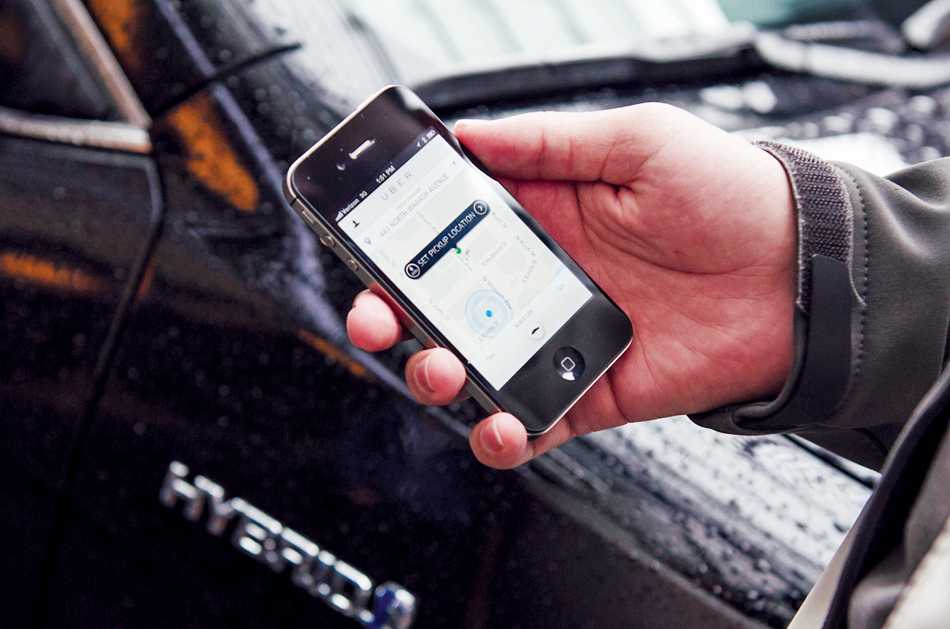Ridesharers voice opposition to bill that implements new regulations
Ridesharing service Uber connects users with drivers through a smartphone app. Uber and other rideshare companies have expressed opposition toward a state bill that would impose new regulations on their operations.
May 14, 2014
An Illinois state bill that would impose new regulations on rideshare businesses has been met with opposition from companies that provide the service, including Uber and Lyft.
The bill calls for ordinances that would change the way rideshare vehicles, which act as alternatives to taxicabs, can operate. The Illinois House of Representatives voted on April 10 to approve the bill, which would require drivers who work more than 18 hours per week to obtain a chauffeur’s license, go through background checks and participate in vehicle safety inspections.
In response, services that participate in ridesharing have reached out to users to assist them in fighting the bill. Uber, which connects riders with drivers through a smartphone application, sent out an email to its Chicago customers. It urged recipients to reach out to their state senators and ask them to vote against the bill.
“Do you like convenient, safe, affordable transit?” the e-mail said. “Don’t let the State Senate, under pressure from the taxi owners, protect the interests of the few and take away YOUR transportation options.”
Lyft, another ridesharing service, also took part in encouraging users to contact Illinois senators. The company took to its blog and Twitter account to tell its customers to oppose the bill.
The bill would also ban rideshare drivers from servicing loading zones and taxi stands, as well as from being hailed on the street.
Uber spokesperson Lauren Altmin said the additional regulations would hurt the service. The amendments to the Ridesharing Arrangements and Consumer Protection Act, including the 18-hour-per-week limit, would drastically alter the way Uber runs, she said.
“This (18-hour) short-sighted cap would force hard working drivers off the road and take dollars out of their pockets,” Altmin said in an email to The Daily. “In a matter of weeks, Springfield has put forth a hasty, unfair bill that is worse for consumers and only benefits the existing taxi monopoly.”
Uber also created a petition on its website in an effort to show support for the service. It had garnered over 14,400 signatures as of Wednesday night.
The bill also requires rideshare businesses to buy more expensive insurance coverage, which would “drive costs to consumers up, without adding additional protection for riders,” Uber said in its email.
State House Rep. Michael Zalewski, disputed that rideshare users wouldn’t benefit from the regulations. He said he signed on as a sponsor of the bill in order to further monitor the operation of rideshares.
“It has everything to do with providing common sense safety regulations to protect passengers,” Zalewski said. “You can’t have an industry operating in a regulatory vacuum. There needs to be some basic level of understanding about minimum regulations.”
The bill is now being considered by the Illinois Senate.
Email: [email protected]
Twitter: @paigeleskin


